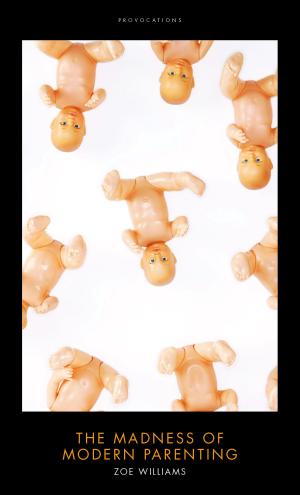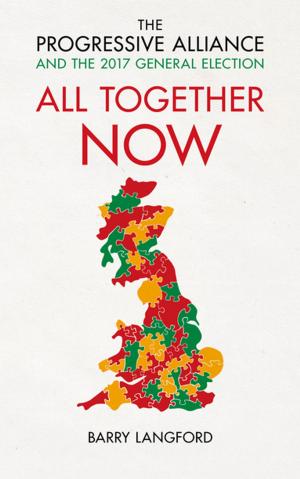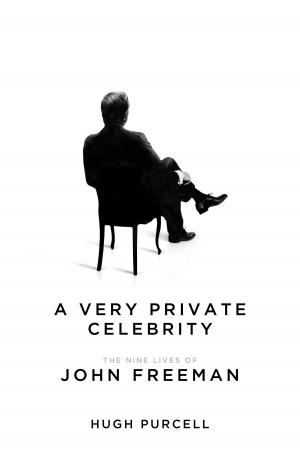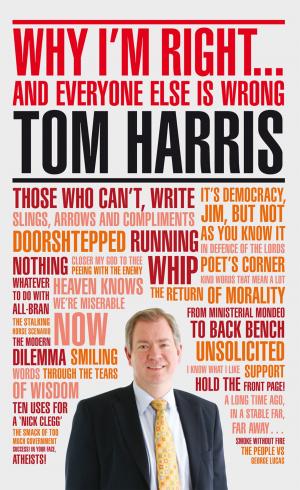People Power
Remaking Parliament for the Populist Age
Nonfiction, Social & Cultural Studies, Political Science, International| Author: | Richard Askwith | ISBN: | 9781785903663 |
| Publisher: | Biteback Publishing | Publication: | February 15, 2018 |
| Imprint: | Biteback Publishing | Language: | English |
| Author: | Richard Askwith |
| ISBN: | 9781785903663 |
| Publisher: | Biteback Publishing |
| Publication: | February 15, 2018 |
| Imprint: | Biteback Publishing |
| Language: | English |
British parliamentary democracy is in a state of advanced decay. The symptoms are familiar: party machines with no goal beyond their own survival; donors and lobbyists whose interests trump the nation’s; a disillusioned electorate; and an over-mighty executive whose patronage has become the main driving force of politics. These rots have mixed to breed a caste of career politician more concerned with serving patrons than constituents.
We’ve known this for years, but what can we do about it beyond not bothering to vote? However, in the past decade, a new generation’s digital revolution has gradually given a voice to the hitherto unheard masses. Its contribution to political discourse, once limited to the occasional ‘X’ on a ballot paper, has been rude, vigorous, anarchic – and spectacularly influential.
The tide has turned. The result? A slump in support for the big parties, the rejection of mainstream candidates in the Labour leadership contest; the roar of pent-up rage against the Brussels-friendly elite that led to the Brexit vote of June 2016; and then, five months later, the seemingly crazed elevation of Donald Trump to become the most powerful man in the world.
British parliamentary democracy is in a state of advanced decay. The symptoms are familiar: party machines with no goal beyond their own survival; donors and lobbyists whose interests trump the nation’s; a disillusioned electorate; and an over-mighty executive whose patronage has become the main driving force of politics. These rots have mixed to breed a caste of career politician more concerned with serving patrons than constituents.
We’ve known this for years, but what can we do about it beyond not bothering to vote? However, in the past decade, a new generation’s digital revolution has gradually given a voice to the hitherto unheard masses. Its contribution to political discourse, once limited to the occasional ‘X’ on a ballot paper, has been rude, vigorous, anarchic – and spectacularly influential.
The tide has turned. The result? A slump in support for the big parties, the rejection of mainstream candidates in the Labour leadership contest; the roar of pent-up rage against the Brussels-friendly elite that led to the Brexit vote of June 2016; and then, five months later, the seemingly crazed elevation of Donald Trump to become the most powerful man in the world.















